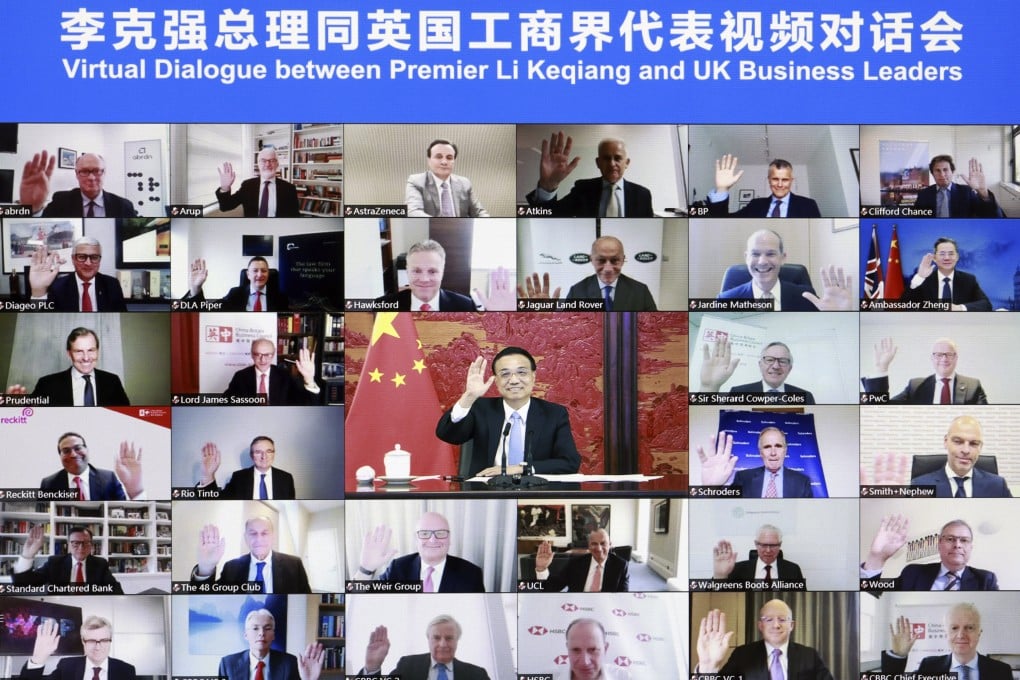The View | US-China relations: how business can help write the new rules of engagement
- The deteriorating bilateral relationship can benefit from expert input from the business community as Beijing and Washington redraw the lines in strategic industries
- Business ties can also play a stabilising and humanising role as dialogue channels shrink elsewhere

If there were any questions about whether the US and China would remain strategic rivals under a Biden presidency, no one is wondering now.
The US fears China wants to change the global order and reshape the world in its own illiberal image. China believes the US intends to hold back its hard-won economic rise. There is probably truth to both views.
These opposing world views are on a collision course. The goal now is to carve out a space for peaceful coexistence. That means drawing lines and setting down the rules of engagement.
British diplomat Robert Cooper may have spoken too soon when he said in the 2000s that borders were increasingly irrelevant. Nation-states are still paramount. However, international relations theorists have also pointed out that the largest corporations are now bigger than most states in terms of revenue.
